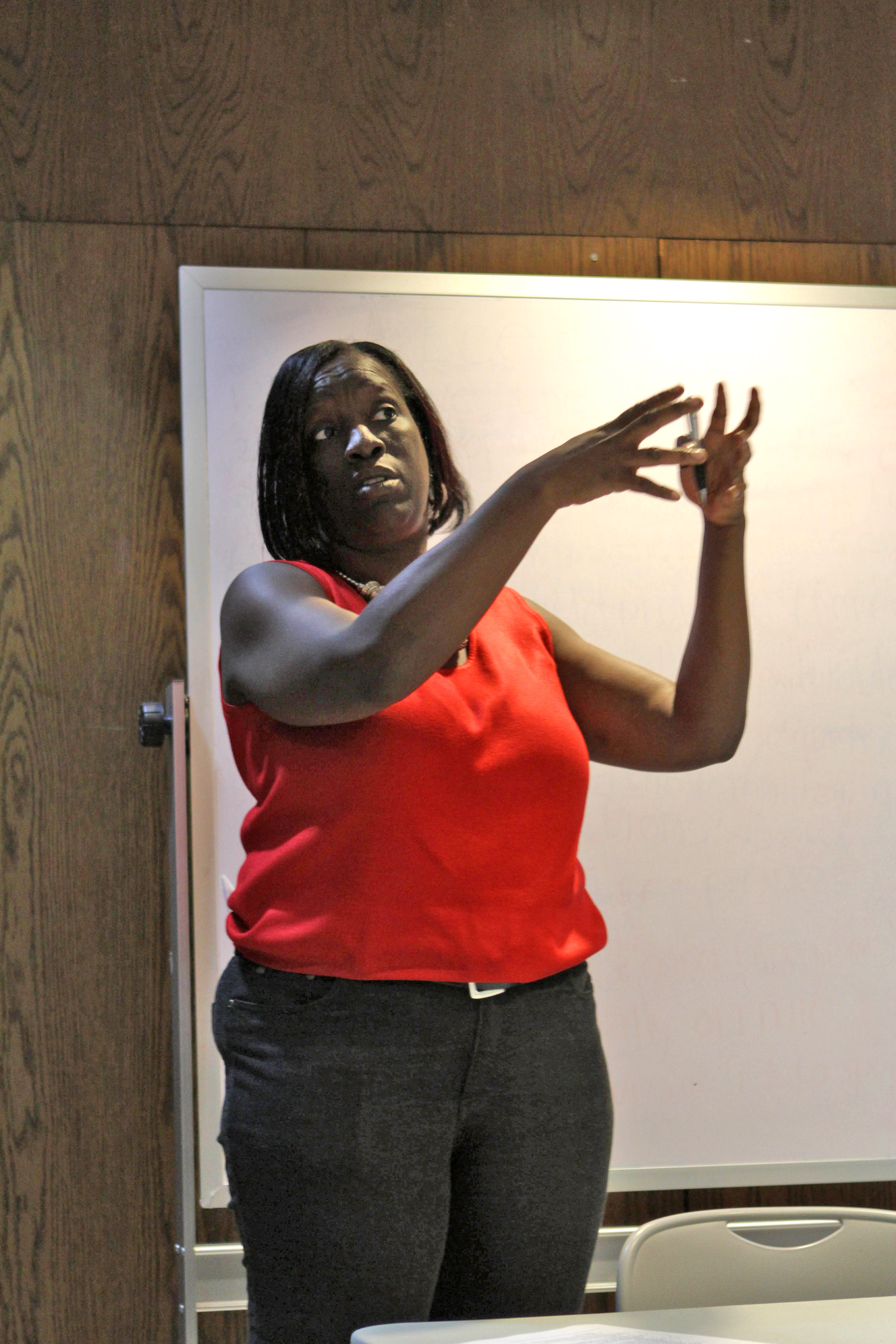
The Board of Alders last week accepted a $14.5 million grant from Gov. Dannel Malloy that kick-starts reconstruction of the Q House, a Dixwell community center that closed in 2003 after 79 years.
The grant, which the state bond commission approved in January, covers most of the building costs for the new Q House — a 46,135 square-foot facility that will provide amenities for the general public, including a fitness center, gymnasium, computer lab and child care. Following the grant’s aldermanic approval, demolition of the old building and construction of the new building will begin this spring, Dixwell Alder Jeanette Morrison said. She added that the new Q House, which will rent some of its space to a library, health clinic and senior center to partly offset its cost of operation, will open its doors to the Dixwell community within the next two years.
“Even though the state in itself is going through different financial challenges, Malloy still found a way to make sure that he provided us with the resources to build something that I consider a pillar of hope and safe haven in the community,” Morrison said.
The original Q House, which is located on 127 Dixwell Ave., has been unoccupied since it closed its doors more than a decade ago due to a lack of funds. Morrison took on the rebuilding of the Q House after she first assumed office in 2011, she said.
After an initial two-year planning period, Morrison and other Q House proponents submitted requests to the state for $15.5 million to enable its reconstruction. Malloy granted the Q House $1 million in 2014 to complete designs for the facility. In 2015, the city also allocated $800,000 of its own funds for the demolition of the old building.
“In 2015, we submitted all of the sketches and all of the specifics and the cost of the stuff that we wanted to do back to the state,” Morrison said. “We had to show the state that this was really real.”
In the decades before the Q House closed, the establishment welcomed tens of thousands of residents of Dixwell, a neighborhood with one of the highest rates of poverty in the city. Supporters of the Q House’s reconstruction argued that rates of youth violence increased after the center closed because it had provided a recreational space for young adults who would otherwise be targets of gang recruitment.
Dwight Alder Frank Douglas, who grew up in Dixwell, said his own experience in the Q House supported these arguments. He said when he was young, he aspired to join a young men’s club at the Q House called the Noble Gents as opposed to joining a local gang.
Douglas added that he and his schoolmates went to the Q House right after school where they found recreational options, supervision and also adult role models, such as Q House Program Director Bill Douglas, who taught him how to “be a man.”
“It was a second home for many youth in New Haven,” Douglas said. “Our parents had worked two or three jobs and we were shut out, and the Q House was just one of the entities that we had to go to.”
New Haven had other youth centers such as the YMCA, the Boys and Girls Club of New Haven and the Jewish Community Center, Douglas added. But the Q House was the only space that served children from all over New Haven, he said.
Douglas and Morrison both said the re-opening of the Q House has been a long-term hope for Dixwell residents. When Ward 22 Co-Chair Maxwell Ulin ’17 canvassed for Malloy in the 2014 election in the Dixwell neighborhood, residents reacted most positively to the governor when they learned he had committed $1 million to renovating the Q House.
“Elderly residents had played games and went there after school,” Ulin said. “The loss of it was a devastating thing for many residents in Dixwell. It was definitely the thing that people connected to the most when people heard about Malloy’s platform.”
The New Haven Q House was founded in 1924.







